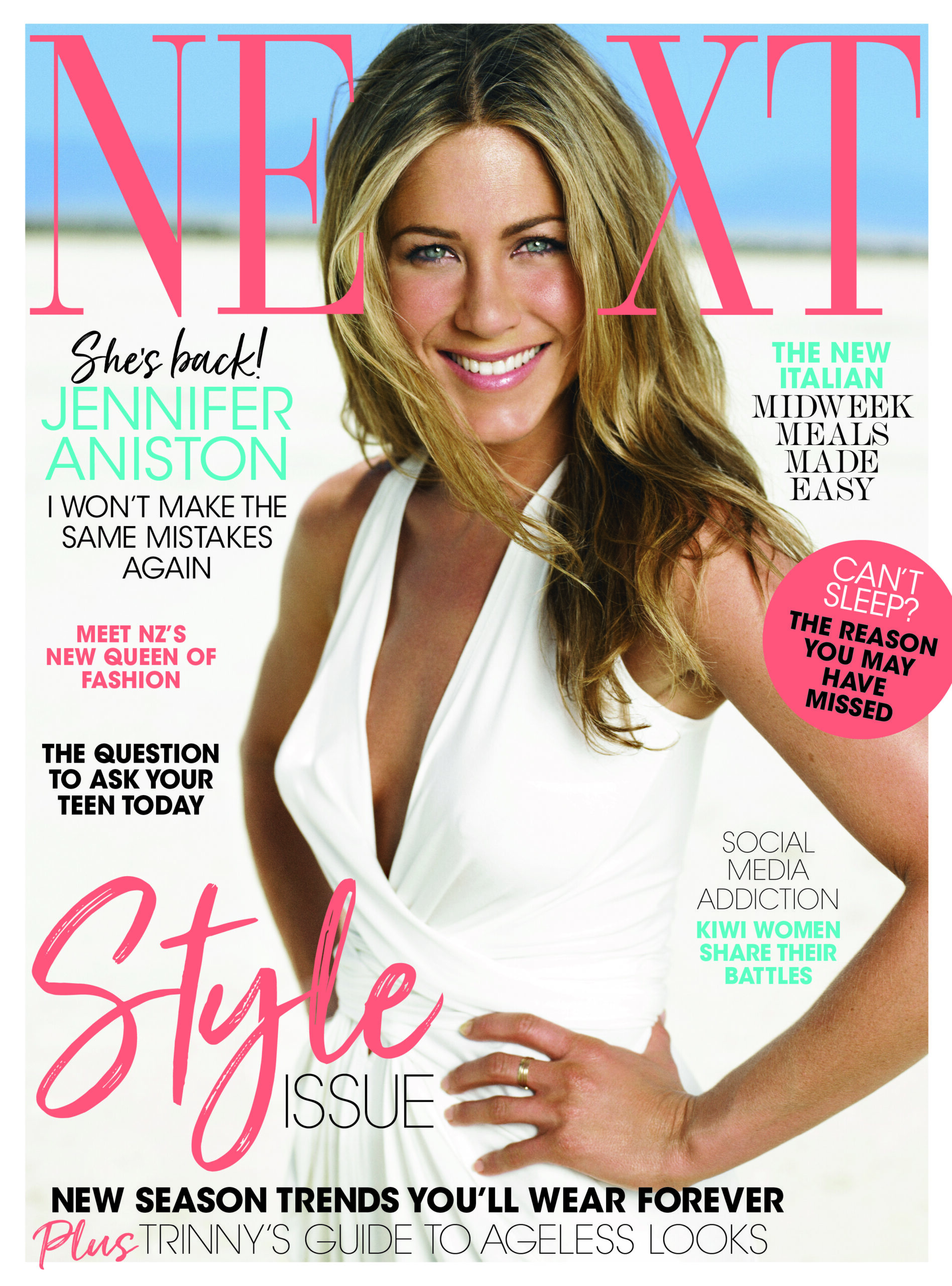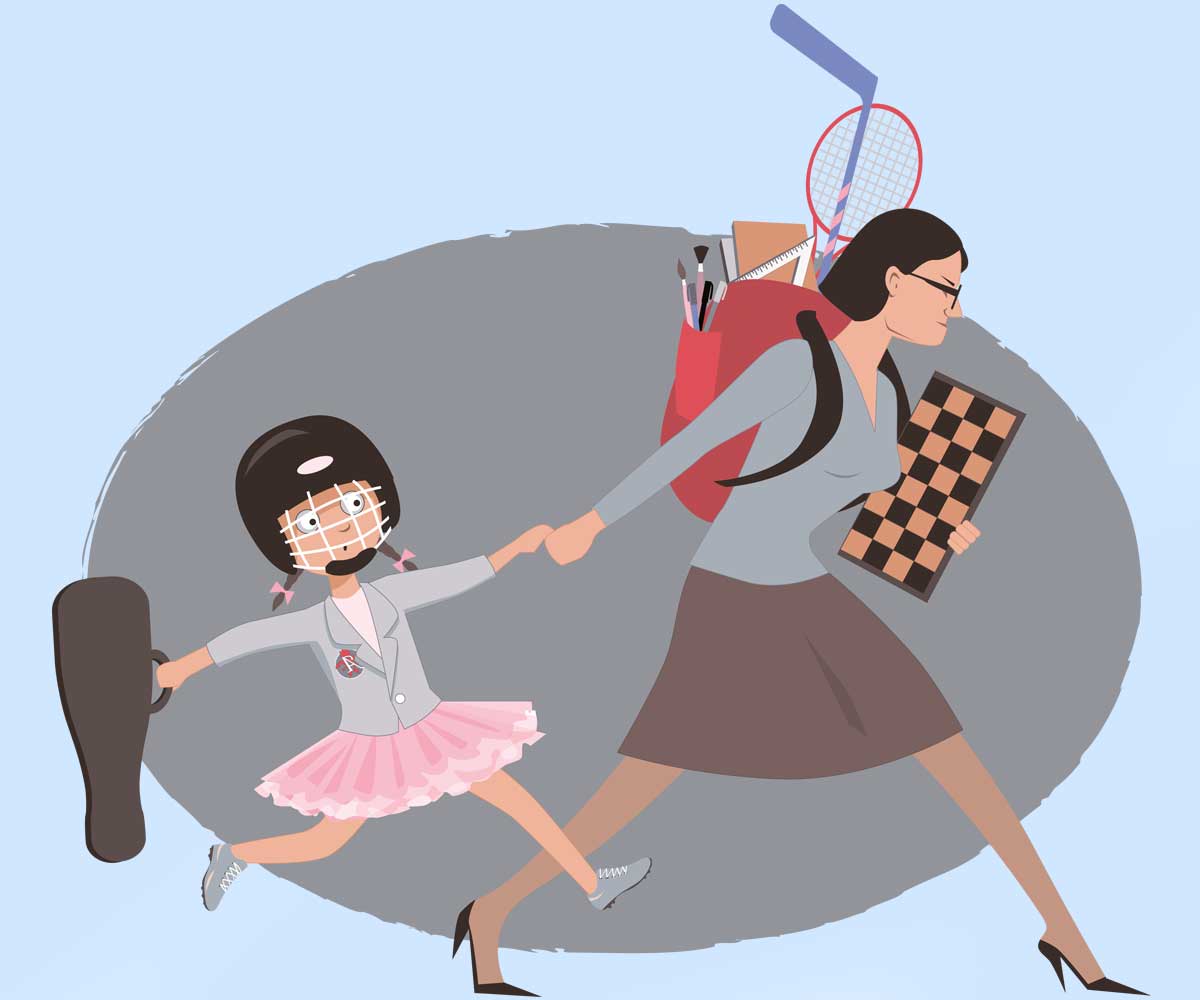Most people come home to get away from work, so I’m a bit perplexed about the new trend of running your family like a business. I’m not talking about owning a corner dairy and having the kids help out behind the counter. I mean when you make an Excel spreadsheet of your children’s cello lessons or send Whatsapp messages to tell your kids to come to dinner. Yes, apparently it’s a thing.
Many families are using business software such as Slack (a work-productivity app, described as “where work happens”) and project-management platforms like Trello to communicate with each other. “Confronted with relentless busyness, some modern households are starting to run more like offices,” reports The Atlantic.
“We do family meetings every Sunday where we review our goals for the week, to-do list and activities coming up,” says one mother. “I track notes for the meeting [in Trello]. I have different sections, goals for the week, a to-do list.” Without this productivity and task-management soft-ware, she doesn’t know how her son could manage to track his responsibilities and deadlines. Poor kid.
I think this family-as-corporation trend is terrifying, yet The Atlantic seems to approve. It quotes one of its own writers who sends memos to her husband such as, “As per our earlier conversation, we have decided that the children will be enrolled in tennis camp over the summer. Please let me know if you want to follow up on this.”
If I got a message like this from my spouse, I’d think we were heading for divorce, but this writer says she just aims to run a “business-y” household. All I know is if I were one of her kids, I’d want to resign.
I know, capitalism is better than the alternative, and brought us modern dentistry and reticulated plumbing. Cheers for that. But it also brought us hedge funds and zero-hour contracts, so can we at least acknowledge that the culture of corporations – most of them – is designed to be ruthless and brutal?
I get it. In the system we’ve created, winner takes all. You used to be able to leave competition, spreadsheets and the relentless quest for productivity at the office, but now it seems families are turning into corporations as well. Foucault, the philosopher who raised our awareness of the oppressive nature of modern power, would be turning in his grave.
In The Atlantic, another mother explains how she set up her four kids on Trello to keep up with chores, to-do lists, shopping and homework. “I use it every day to keep track of what schoolwork I need to do, or places I need to be, things to buy,” says Hannah, her 15-year-old daughter.
I, too, have a 15-year-old daughter. I try to teach her to question whether she really “needs” to do all these things, buy all these things, follow the crowd. I want her to learn to say no. When did kids start having to become mini CEOs?
And there I was thinking families were supposed to be a soft place to fall, where you can be yourself, and still be loved, like the family in Australian movie The Castle, in which you can be praised for your bedazzling or rissoles rather than being some Nietzschean super-achiever. But it feels as if those sort of laidback families are becoming harder to find, or create.
There’s a bigger issue here, about what it means to be a child, and what bonds us.
Children’s free-play time has been on the decline for more than 50 years, and their participation in extracurricular activities has led to more schedule-juggling for parents. Parents are busier too, especially those whose jobs demand ever more attention after hours.
According to a 2015 report, 65% of parents with a degree say they have trouble balancing work and family.
But maybe we’re going about this all wrong. Perhaps the answer isn’t more control, but less.
Middle-class families feel under pressure to parent our children in such a way that they’ll turn out ‘right’ (whatever that is). Parents try to help their children win at a succession of tasks in life, from building volcano models to NCEA, but in the process we may end up limiting the very potential we’re trying to foster.
We speak of good and bad parenting and there’s a tendency to query our own choices. Are we working too much or too little? Are we protecting them too much or not enough? For developmental psychologist Alison Gopnik, these are the wrong questions.
She excoriates the parents “who want to shape their three-year-olds into Harvard freshmen” because her research shows children flourish the most when they’re left free to explore. We should be gardeners, nurturing our children so they can grow, not carpenters, trying to hammer them into fit-for-use objects.
The prevailing parenting model assumes parents are always active and children are always passive, but Alison would like us to think of it as an interplay, like dancing.
“To be a wife is not to engage in ‘wifing’; to be a friend is not to ‘friend’, even on Facebook; and we don’t ‘child’ our mothers and fathers. Yet these relationships are central to who we are.”
Bringing up children is not a form of work, it’s a form of love. Although I have to laugh, because as I was writing this column, I yelled out to my son, “Do you want some brekky?” He was on his computer with headphones on, and didn’t hear me. So I sent his alter ego ‘Flurreo’ a message on Discord, a gaming platform, then took some breakfast to my daughter.
I noticed she had a page open with tasks prioritised in colours in order of importance. “You have a Trello account?”
I asked, to which she replied, “I’ve had one for years, Mum, so I can organise all the animation parts I have to do.”
So much for my organic household. You just do you, even if you’re a mum with a clipboard.

This story features in the latest issue of NEXT magazine. For more great reads get your copy today.




